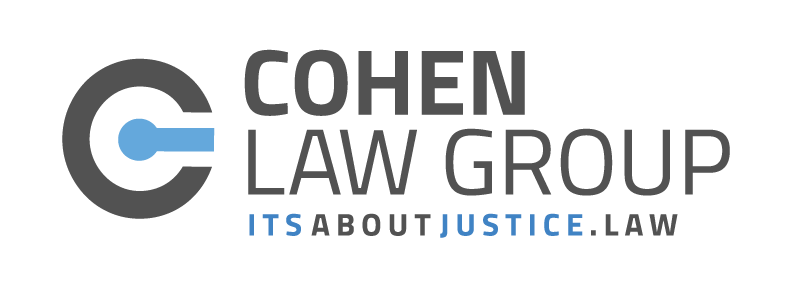Litigation is not a fast process. It is controlled by the Florida Rules of Civil Procedure which lays out processes and timelines for litigation to occur. Two of the main questions clients generally ask is “how long is my case going to take?” and “what am I going to have to do?”
As these two questions are partially related to each other, we will start with “what am I going to have to do?” Once a homeowner makes the decision to initiate a lawsuit to enforce the terms of the policy against his or her insurance company that litigation will be largely controlled by the Florida Rules of Civil Procedure (the “Rules”). The Rules lay out specific timelines such as how long an insurance company has to file a response to the lawsuit, how long the insurance company has to file responses to discovery requests, and extensions in timelines. Additionally, Florida Statutes lay out specific timelines that an insurance company must abide by during the claims process. However, the discovery process is not a one way street. Just as the homeowner can obtain documents, depositions, and evidence from the insurance company, the insurance company can obtain information from the homeowner. Outside of general communications and updates with your attorney, the main areas of active involvement of a homeowner in the litigation process mainly relate to the pre-litigation phase, discovery, and potentially trial.
In the pre-litigation phase the homeowner should provide any and all documents related to the initial or supplemental claims process to include acknowledgment letters, coverage letters, estimates from the insurance company, any communications with the insurance company, etc. Additionally, the homeowner should also provide any documents related to the damages or repairs such as photos, invoices for repairs, estimates for repairs, and if possible, evidence of the lack of damage to the property prior to the reported date of loss through things such as home inspection reports. The more information a homeowner can provide in the pre-litigation phase of a case the easier the litigation phase of the case will be for the homeowner.
During the discovery phase of your case the insurance company will utilize written discovery (Interrogatories, Admissions, and Production). If much of the information was provided during the pre-litigation phase then the discovery phase is made much easier. Interrogatories are questions that are posed which require an answer from a homeowner such as “when did you first notice damages to the claimed property?” Admissions are statements that request a homeowner to admit or deny a specific fact such as “Admit that no repairs have been made to the property.” Production is a request for the production of supporting documents such as requesting photos, home inspection reports, prior repairs, invoices, etc. It is also during this discovery phase that you may be required and scheduled to sit for a deposition. A deposition is the opportunity for the insurance company to obtain sworn testimony from a homeowner as it relates to the property and the claim.
During the trial phase the homeowner will have to be present for the entire trial. Trials for a homeowner’s insurance claim are generally completed within 3-5 days. The homeowner may be asked to testify again. A homeowner’s direct involvement in a trial is generally limited to providing testimony.
The “what am I going to have to do?” or at least potentially have to do is usually a much simpler question to answer than “how long is my case going to take?” Every case differs. Where one case may resolve within a matter of days or months, another case may take a year or more to resolve. The specifics of each case play a major role in the amount of time required to obtain a resolution of a case. However, where homeowners have provided much of the information that will ultimately be requested by the insurance company in the pre-litigation phase generally allows the discovery process to move much more efficiently and quickly. This will allow your case to move more efficiently through the court process and will prevent delays in attempting obtain information. The more that can be done up front will make the burden on the homeowner much less through the litigation process.
As a homeowner myself, I highly recommend for you as a homeowner to be involved in the claim process and also the litigation process. We as homeowners are often dealing with damages to the property in which we and our families live. Your active involvement in the claim and litigation process will only help to make the process more efficient and hopefully in the end, move faster, potentially leading to a quicker resolution.
Brandon Pharis, Esq.
DISCLAIMER: This website is for informational purposes only and does not provide legal advice. Please do not act or refrain from acting based on anything you read on this site. Using this site or communicating with Cohen Law Group through this site does not form an attorney/client relationship. This site is legal advertising. Please review the full disclaimer for more information by clicking here.

